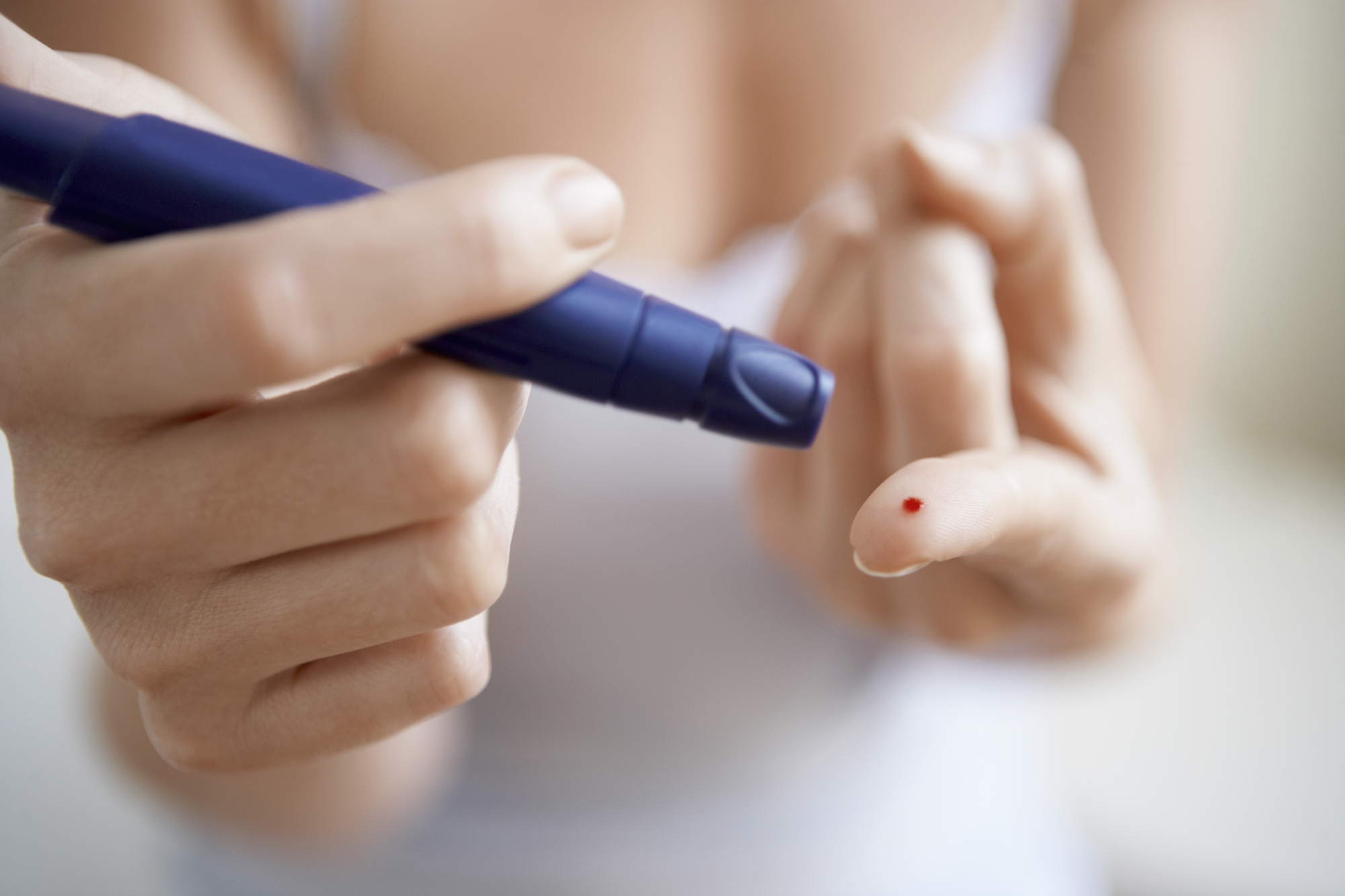Our Patient-Centric Approach to Treatment
Georgia Ophthalmologists believes to be considered as an individual is an essential part of each patient’s #VisionForLife.
Are you a diabetic?
Individuals with diabetes may have an increased likelihood of developing various conditions associated with diabetic eye disease.
-
CATARACTS
Diabetics may experience the formation of cataracts, which can cause clouding of the eye’s lens at an earlier age.
-
GLAUCOMA
Diabetics face neovascular glaucoma risks, with blood vessel obstruction leading to elevated eye pressure.
-
DIABETIC RETINOPATHY
Poorly controlled blood sugar increases the risk of diabetic retinopathy, resulting from damage to the retina’s blood vessels.
-
MACULAR EDEMA
Macular edema results in fluid leakage, causing swelling at the back of the eye and blurred vision.
If you are diabetic, sticking to a healthy diet, taking your medication and regularly checking blood sugar levels helps maintain your eye health.

What treatments are available?
If you are diabetic, sticking to a healthy diet, taking your medication and regularly checking blood sugar levels helps maintain your eye health.

How can I best avoid diabetic eye disease?
Get regular eye exams. Diabetics can reduce their risk of vision damage by 95% with timely treatment and appropriate follow-up care.

The Georgia Ophthalmologists Approach
Georgia Ophthalmologists is trained in diagnosing and treating all types of diabetic eye disease. Let us partner with you to help maintain #VisionForLife.

Patients Say
Diabetic retinopathy is a serious condition.
Careful monitoring of your diabetic health program is essential to maintaining healthy vision.
One in three people living with diabetes have some degree of diabetic retinopathy, and every person who has diabetes is at risk of developing it. Keeping blood sugar levels, blood pressure and cholesterol levels under control can help prevent diabetes-related vision problems. If you have diabetes, you should also make sure you get a comprehensive dilated eye exam at least once a year.
If detected early, injections and laser treatment can stop the disease from progressing and prevent blindness. In the case of advanced diabetic retinopathy, your ophthalmologist may also recommend a procedure to remove blood and new blood vessels from the back of the eye.
1CONSULTATION
During your consultation, your ophthalmologist will perform a complete eye examination that includes a thorough medical history. Your ophthalmologist will determine the status of your diabetic retinopathy, and which treatments will be most effective for you.
2TREATMENT ALTERNATIVES
Medical control
Controlling your blood sugar and blood pressure can stop vision loss. Carefully follow the diet your diabetes doctor or nutritionist has recommended. Take the medicine your diabetes doctor prescribed for you. Sometimes, good sugar control can even bring some of your vision back. Controlling your blood pressure keeps your eye’s blood vessels healthy.
Medicine
Anti-VEGF medication helps to reduce swelling of the macula, slowing vision loss and perhaps improving vision. This drug is given by injection (shots) in the eye. Steroid medicine is another option to reduce macular swelling. This is also given as an injection in the eye. Your doctor will recommend how many medication injections you will need over time.
Laser surgery
Laser surgery might be used to help seal off leaking blood vessels. This can reduce swelling of the retina. A laser procedure can also help shrink blood vessels and prevent them from growing again. Sometimes more than one treatment is needed.
Vitrectomy
Your ophthalmologist may recommend a procedure called vitrectomy. Your ophthalmologist removes vitreous gel and blood from leaking vessels in the back of your eye. This allows light rays to focus properly on the retina again. Scar tissue also might be removed from the retina.
Dr. Jose Bigles
Dr. Jose Bigles is a fellowship-trained refractive surgeon experienced in treating a wide variety of ophthalmic disorders, and specializing in restoring vision through cataract and Lasik correction. Contact our office to schedule an examination to diagnose and treat your retinal disorder.
LEARN MOREFAQ
-
Who is at risk for diabetic retinopathy?
All people with diabetes–both type 1 and type 2–are at risk. Between 40 to 45% of Americans diagnosed with diabetes have some stage of diabetic retinopathy. That’s why everyone with diabetes should get a comprehensive dilated eye exam at least once a year. The longer someone has diabetes, the more likely he or she will get diabetic retinopathy. If you have diabetic retinopathy, your doctor can recommend treatment to help prevent its progression.
During pregnancy, diabetic retinopathy may be a problem for women with diabetes. To protect vision, every pregnant woman with diabetes should have a comprehensive dilated eye exam as soon as possible. Your doctor may recommend additional exams during your pregnancy.
-
How do I know if I have diabetic retinopathy?
At first you may not notice changes to your vision, but over time, diabetic retinopathy can get worse and cause vision loss. Diabetic retinopathy usually affects both eyes.
-
How do you treat retinopathy?
One in three people living with diabetes has some degree of diabetic retinopathy, and every person who has diabetes is at risk of developing it. Keeping blood sugar levels, blood pressure and cholesterol levels under control can help prevent diabetes-related vision problems. If you have diabetes, you should also make sure you get a comprehensive dilated eye exam at least once a year.
If detected early, injections and laser treatment can stop the disease from progressing and prevent blindness. In the case of advanced diabetic retinopathy, your ophthalmologist may also recommend surgery to remove blood and new blood vessels from the back of the eye.
-
Can you cure diabetic retinopathy?
While you can’t completely prevent diabetic retinopathy, you can reduce your risk of getting it. Controlling your blood sugar slows the start of retinopathy and also keeps it from getting worse. In addition, it lessens the need for a laser procedure for severe retinopathy.
Your eye care professional can tell if you have macular edema or any stage of diabetic retinopathy. Whether or not you have symptoms, early detection and timely treatment can prevent vision loss.
If you have diabetic retinopathy, you may need an eye exam more often. People with proliferative retinopathy can reduce their risk of blindness by 95% with timely treatment and appropriate follow-up care.
Vision For Your Lifestyle
SURVEY FOR CATARACT PATIENTS
You have an important decision to make about your vision future. This survey is designed to help us understand your vision goals so we can provide you with the best possible lens for your lifestyle.
-
General Contact info@georgiavisioncare.com
Contact an Office
-
Phone (770) 786-1234
Fax(770) 385-0813

